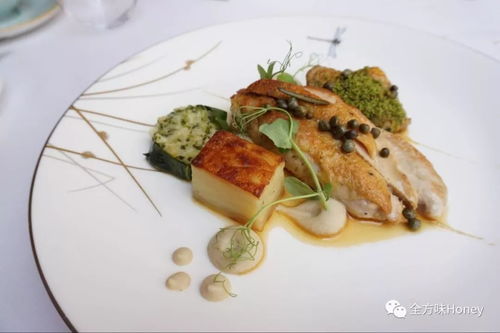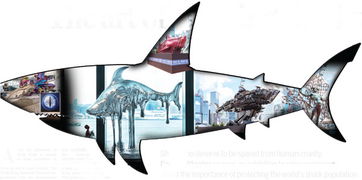Content:
Lure fishing, an exhilarating form of angling that involves casting artificial lures to attract fish, has gained immense popularity among anglers worldwide. The success of a lure fishing trip largely depends on the angler's ability to select the right location. In this article, we will delve into the art of lure fishing and provide you with essential tips on how to choose the perfect location for your next fishing adventure.
Understanding the Basics of Lure Fishing
Before we dive into selecting the ideal location, it's crucial to understand the basics of lure fishing. Lure fishing involves using artificial lures that mimic the movement and appearance of natural prey, such as insects, fish, or crustaceans. These lures are designed to entice fish into striking, and the angler must master the art of presenting the lure in a way that triggers a bite.
Factors to Consider When Selecting a Location
Water Conditions: The first and foremost factor to consider is the water conditions. Different fish species thrive in different types of water bodies. For instance, some species prefer clear, cool waters, while others are more comfortable in murky, warm waters. Study the local fish species and their preferred habitats to narrow down your search.
Structure: Look for areas with underwater structure, such as rocks, logs, or vegetation. These structures provide shelter and cover for fish, making them prime spots for lure fishing. Additionally, structure can create currents and pockets of food, attracting fish.
Depth: The depth of the water plays a significant role in lure fishing. Some fish species are found in shallow waters, while others inhabit deeper depths. Determine the depth range preferred by the target species and focus on those areas.
Cover: Fish often seek cover to hide from predators or to rest. Look for areas with natural or artificial cover, such as overhanging trees, brush piles, or submerged logs. These spots can be goldmines for lure fishing.
Currents: Currents can be both a friend and a foe in lure fishing. While strong currents can make it difficult to cast and retrieve lures effectively, they can also bring food and oxygen to fish. Study the currents in your chosen location and use them to your advantage.
Seasonal Patterns: Fish behavior changes with the seasons. During spawning season, fish may be more aggressive and easier to catch. Conversely, during the off-season, fish may be more cautious and less likely to strike. Consider the seasonal patterns of the fish you're targeting.
Techniques for Finding the Perfect Location
Local Knowledge: Seek advice from local anglers or fishing guides. They can provide valuable insights into the best spots for lure fishing in your area.
Research: Utilize online resources, such as fishing forums, social media groups, and mapping tools, to gather information about potential locations. Look for reports from other anglers who have fished in the area.
On-the-Water Observation: Spend time on the water, observing the behavior of fish and noting their preferred habitats. This hands-on experience can be invaluable in selecting the perfect location.
Trial and Error: Don't be afraid to experiment with different locations. Sometimes, the best spots are discovered through trial and error.
Mastering the Art of Lure Fishing: A Step-by-Step Guide
Choose the Right Lure: Select a lure that mimics the natural prey of the fish you're targeting. Consider the size, color, and action of the lure.
Learn the Basics of Casting and Retrieval: Practice your casting and retrieval techniques to ensure you can present the lure effectively.
Adjust Your Approach: Be prepared to adjust your approach based on the fish's reaction to your lure. If they're not biting, try changing the speed, depth, or type of lure.

Stay Patient and Observant: Lure fishing requires patience and attention to detail. Stay alert and observe the water for signs of fish activity.
Practice Safety: Always prioritize safety, especially when on the water. Wear appropriate safety gear, such as a life jacket, and be aware of your surroundings.
In conclusion, selecting the perfect location for lure fishing is a combination of research, observation, and experience. By understanding the basics of lure fishing and considering the factors mentioned above, you'll be well on your way to mastering the art of lure fishing and enjoying successful fishing trips. Happy fishing!












